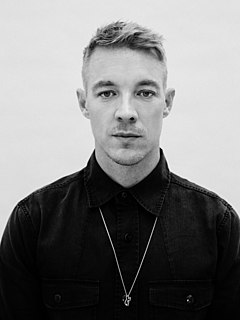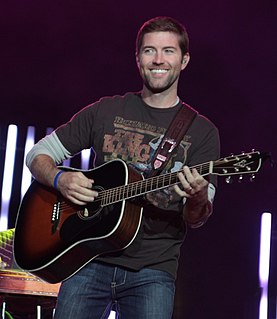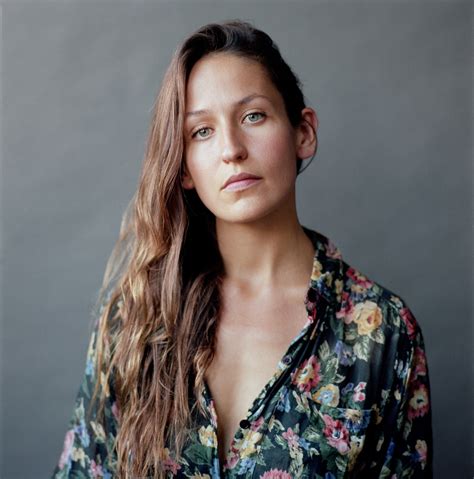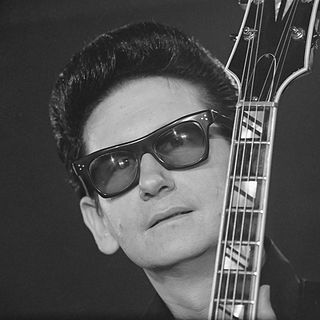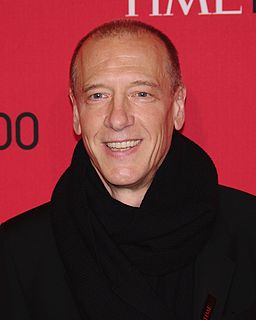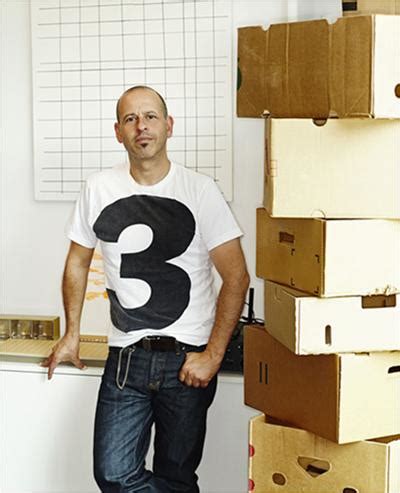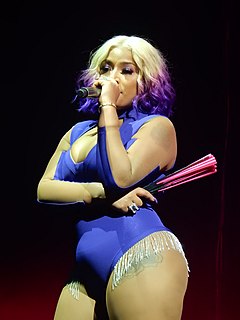A Quote by Diplo
I used to be a record collector. Mark Ronson, Questlove and I used to be part of, like, a record-trading crew.
Related Quotes
A year before I met Mark Brydon - he was the one I used to make all the music with in Moloko - I was living in Sheffield with a guy who was studying architecture. I used to go to his college and crash the lectures there. I had enrolled to do a fine art course, but then I met Mark, and we signed a record deal instead.
I feel like the live record thing is something that I've been getting used to as the years go by and with this being my second one, I'm continuing to learn what works and what doesn't work. A live record is an example of that authenticity and that realness that you find in imperfection and you can hear that in this record.
I struggled with the pressure of having the successful record after the first record. Second album syndrome. I'm living proof; it's very real. It was like a psychological battle to be creative. I used to never feel pressure to be creative; it's always just been a fun thing. And then suddenly it's my job, and people are asking, 'Where's the record?'
Even if a financial institution rejects an initial application by an individual using a synthetic identity, credit bureaus create a record from the transaction based on the fraudulent credentials. Consequently, the record can be used repeatedly by a fraudster to establish a fake identity used to commit financial and other types of fraud.
